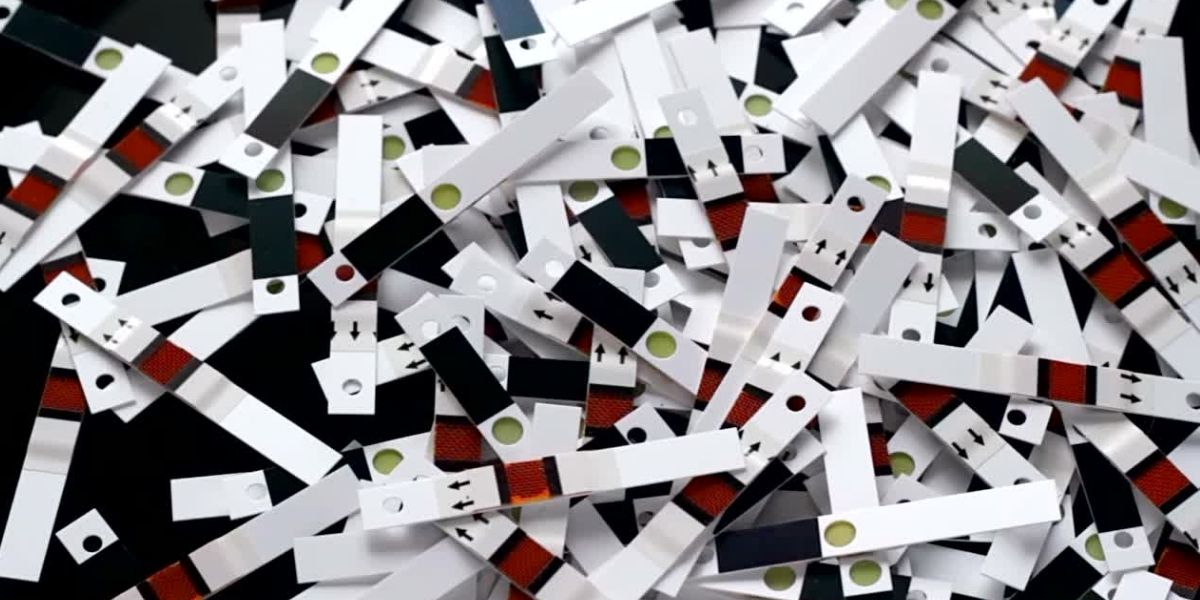Availability of blood glucose testing strips is a particular issue for people with type 2 diabetes, but can also be an issue for people with other types of diabetes as well.
Self monitoring of blood glucose (SMBG) can be very beneficial for people with all types of diabetes and can help to reduce the risk of developing diabetic complications.
Research into cost effectiveness
A number of research studies have been conducted to assess whether self-monitoring for blood glucose is cost effective for the NHS.
The studies have found self-monitoring has not been effective at improving blood glucose control in cases where patients have either not known how to interpret their results or have not been themselves committed to self testing.
However, many people with type 2 diabetes see self monitoring of their blood glucose as an essential part of their diabetes management and their self-testing has lead to a vast improvement in their blood glucose control.
NICE recommendations
The National Institute for Health and Clinical Excellence (NICE) recommends that self-monitoring should be available for people on diabetes medication to help provide information to avoid hypoglycaemia , to assess fluctuations in blood glucose, to cope with periods of illness and to ensure against accidents during dangerous activities such as driving or operating certain machinery.
In line with this, those who are prescribed self-monitoring equipment should be assessed at least as often as annually on the appropriate frequency of their testing and whether self-monitoring is benefitting the patient.
Can PCTs declare blanket bans on prescribing test strips?
Each PCT should consider each case for self testing individually. The government has responded to issues by underlining that PCTs should not impose blanket bans on test strip availability.
What can I do if my test strips have been withdrawn or reduced?
If your availability to blood glucose testing strips has been restricted, you should arrange to discuss the decision with your health care team. Ask your GP or health team why they have withdrawn or reduced your test strips.
- If they say that self testing has not had an impact on your results, you may ask for further education to help support your home testing.
- If cost cutting is cited as the reason you may ask for a copy of the policy that sets out the cost cutting guidelines.
Making a claim against the restriction of testing supplies
Your healthcare team may not be aware of the importance of self monitoring to you. Outline how self testing benefits you.
The following examples may help to improve your chances of being prescribed more test strips:
- I experience hypoglycemia
- Testing has improved my post meal blood sugar levels -cite examples
- Since testing my HbA1c has improved by X%
- I regularly drive
- I regularly need to operate dangerous machinery
Making a complaint
If you have discussed your case with your healthcare team and have been unhappy with the reasons for restricting your access to testing supplies, you may wish to complain. A formal complaint may be sent to the following organisations:
- England: Patient Advice and Liason Service (PALS)
- Scotland: Your Local health Board
- Wales: Your Community Health Council
- Northern Ireland: The Patient and Client Council
It is generally advised to make the complaint in writing, either by letter or email or both.
Should your complaint not be resolved to your liking, you may take your case to the Public Service Ombudsman.




